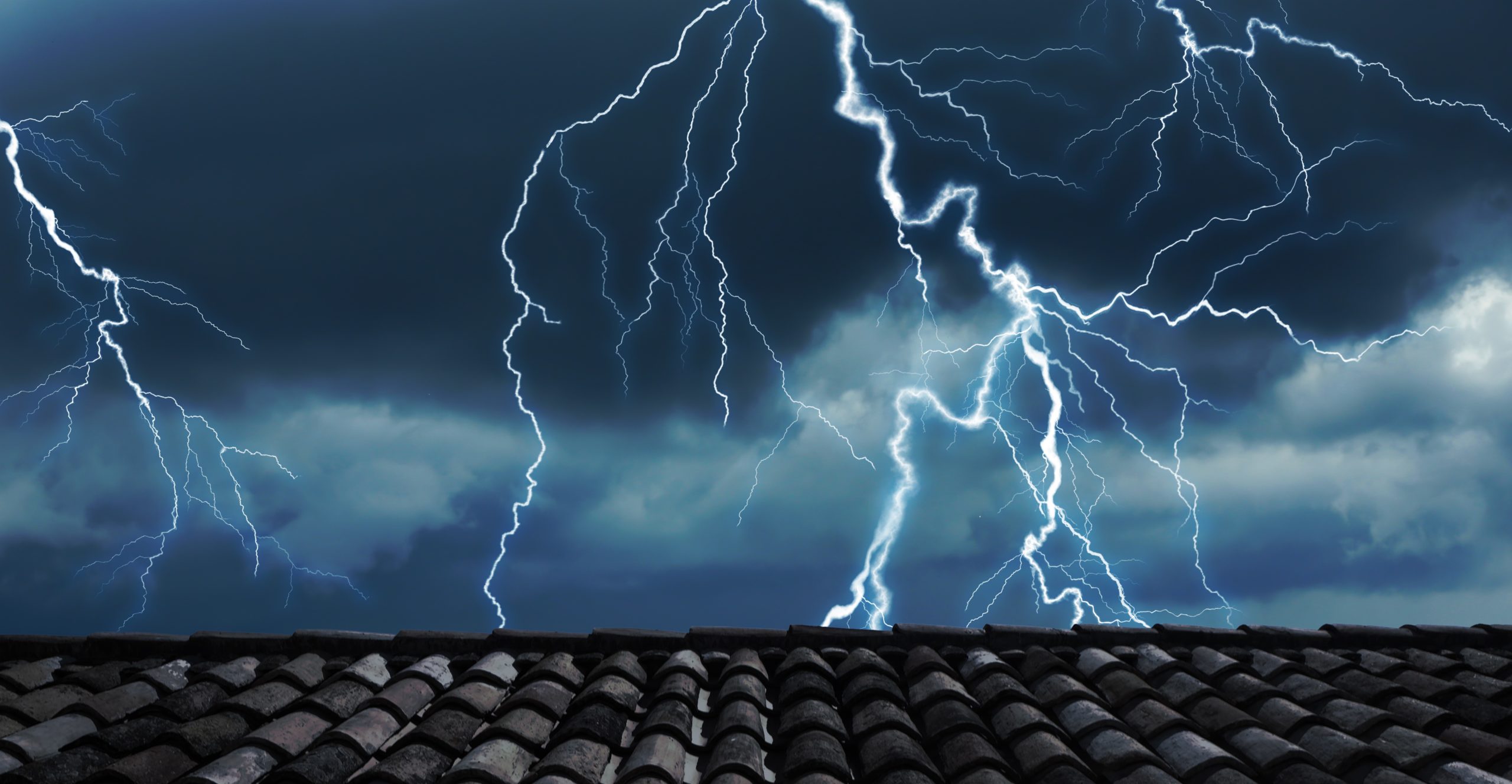Hurricanes, heatwaves, earthquakes, and tornadoes are becoming popular topics in today’s headlines. At this time of year, daring natural disasters are just impossible to ignore, especially for homeowners.
Our country’s six-month hurricane season peaks in September and with no climate or weather expert that can divine exactly what will unfold in the coming months, it’s smart to ask yourself if your home is prepared.
How can I protect my home?
Homeowners can protect themselves and their home with a solid home insurance plan. However, there are a lot of common misconceptions about homeowner’s insurance and what it does and doesn’t cover.
The natural disasters that most homeowners are worried about are tornadoes, severe wind, floods, and hurricanes. It’s good to understand your insurance policy so you aren’t in for a rude awakening when a natural disaster strikes.
Does home insurance cover floods?
According to CoreLogic, flooding is the most common natural disaster in the United States. Most homeowners assume that their insurance policy covers floods when the reality is that it typically doesn’t. Flood insurance is normally a different entity from homeowner’s insurance.
Since it’s not typically covered, it’s good to know your home’s flood risk to weigh whether additional insurance is needed to protect your home.
Does home insurance cover tornadoes and hurricanes?
A standard insurance policy typically covers damage that may occur if a tornado tears through your area. But, like any policy, there are exceptions.
The goal of a homeowner’s insurance policy is to make sure you’re covered not only for minor damage but also in case your home is destroyed and needs to be rebuilt. This is called “total loss”.
Hurricanes inflict damage to your home in two ways: wind and water. Damage from wind is typically covered under general policies, although some insurers may put in place a separate, higher deductible for hurricane-related damages.
Read your insurance policy. Understand it. Mark out every detail and determine what is covered and what isn’t. If there is something, like flood damages, that aren’t covered under your general policy, then take a second to run a risk assessment and determine if a separate policy is needed to protect you and your home.


